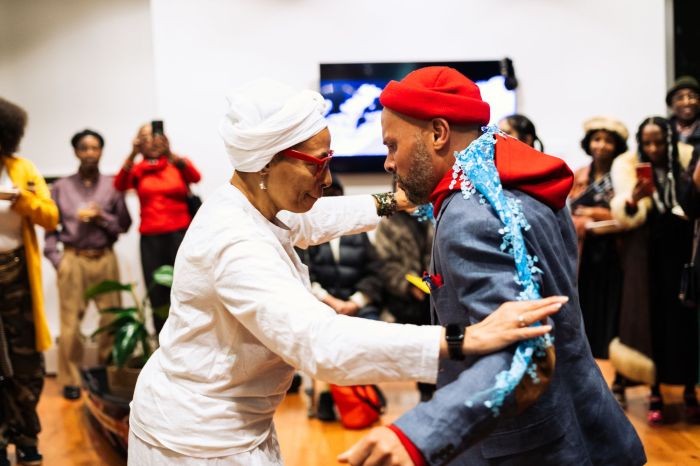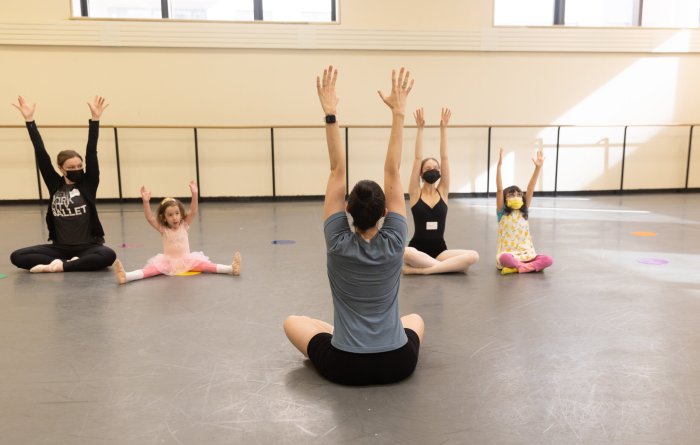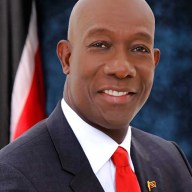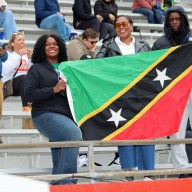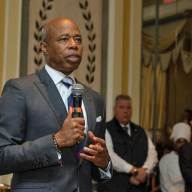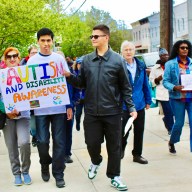Thomas R. Jones, a New York State assemblyman and judge who challenged Senator Robert F. Kennedy to address urban malaise and became the founding chairman of the Bedford-Stuyvesant Restoration Corporation, a leading organization in the 1960s’ effort to revitalize urban ghettos.
Justice Jones was part of a pioneering generation of black lawyers, clergymen and other professionals who transformed Brooklyn politics after World War II by agitating for civil rights, running for office and pressing for governmental action to improve the squalid conditions of urban slums.
Justice Jones, then a Civil Court judge, famously confronted Mr. Kennedy on Feb. 4, 1966, as the senator toured dilapidated buildings in Bedford-Stuyvesant. The judge told Mr. Kennedy that study after study of urban blight had been conducted, with little action.
“I’m weary of study, senator, very weary,” Justice Jones said. “The Negro people are angry, senator, and judge that I am, I’m angry too.”
Mr. Kennedy took up the challenge and that December announced the creation of what became the Restoration Corporation, with Justice Jones as its first chairman. It became a model for community development corporations around the country over the following decades.
Before entering public life, Justice Jones was a tireless civil rights lawyer. During the war he defended black American soldiers accused of wrongdoing in occupied Europe.
Thomas Russell Jones was born in Brooklyn on Aug. 5, 1913, a son of Thomas S. Jones, a podiatrist, and Mabel Ward Jones, immigrants from Mount Gay, Barbados. He attended public schools and received undergraduate and law degrees from St. John’s University. He was admitted to the bar in 1938.
As a young lawyer, he was elected chairman of the New York Youth Congress, an antifascist group supported by Eleanor Roosevelt. He joined the Army in 1941 and, as a first lieutenant, took part in the Normandy invasion and was named a court-martial judge in Belgium in 1944.
Returning to Brooklyn, he became counsel to the local branch of the N.A.A.C.P. and an advocate against police brutality. Active in his Democratic reform circles, Justice Jones was elected to the State Assembly in 1962. In 1964, he was elected a Civil Court judge, and in 1967, a State Supreme Court justice. He considered running for Congress in 1968 and 1974 and was considered a finalist for the Court of Appeals, the state’s highest court, in the 1970s.



